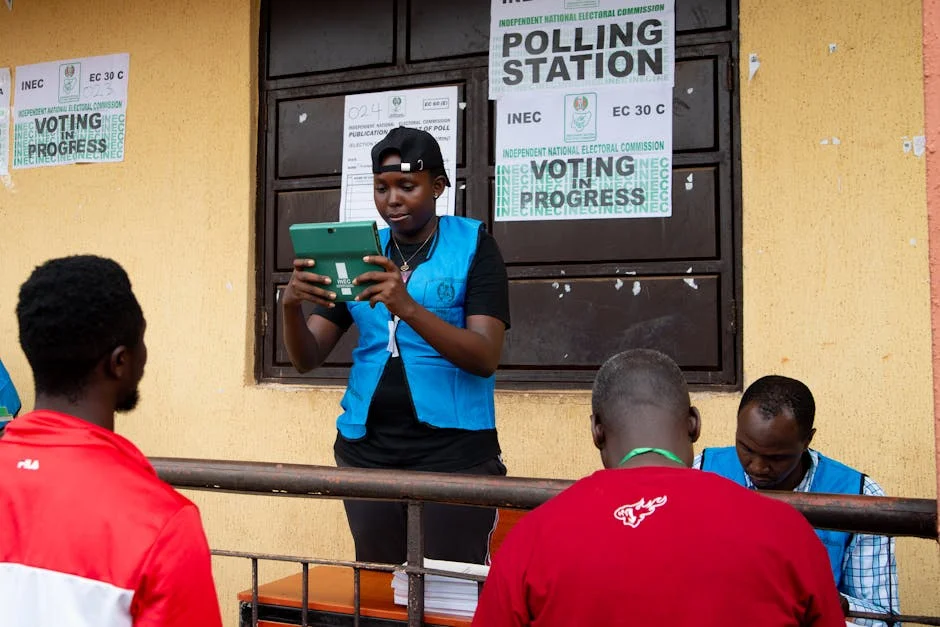The Central Bank of Nigeria (CBN) has unveiled a foreign exchange price verification system design to grant importers access toforex.
In an announcement from its Trade and Exchange Department on Thursday evening, the apex bank stated that a price verification report from the portal will now be obligatory for all Form M requests, with the new system taking effect from August 31, 2023.
The unveiling comes few days after the CBN Acting Governor, Mr Folashodun Shonubi, said that the apex bank will take measures to make the operators in the exchange market comply with directives on the trading of forex in order to stabilise multiple exchange rate in the country.

The statement read, “Following the successful conduct of the pilot run and various trainings held with all the banks, the Central Bank of Nigeria hereby announces the Go- Live of the Price Verification System (PVS),” the statement reads.
“All applications for Forms M shall be accompanied by a valid price verification report generated from the price verification portal.
“For the avoidance of doubt, by this circular, the price verification report has become a mandatory trade document precedent to the completion of a Form M.”
While urging all authorised dealers to inform their customers of the development, the CBN also said any case of infraction would be appropriately sanctioned.
“Please, ensure compliance,” the apex bank added.
GOOD EVENING NIGERIA reports that the Price Verification System (PVS) is an initiative introduced to complement the Nigeria Customs Service (NCS) efforts in safeguarding the nation’s scarce foreign exchange earnings and ensuring the stability of the macroeconomic environment.
By requiring a valid price verification report for all Form M requests, the Central Bank of Nigeria aims to ensure greater transparency and accuracy in foreign exchange transactions related to imports.
GOOD EVENING NIGERIA also reports that Form M is a mandatory document required by the Central Bank of Nigeria (CBN) for the importation of goods into the country. It is used to gather essential information about imports, such as the nature of the goods, their value, and their origin.
The form helps the CBN monitor and regulate international trade transactions, manage foreign exchange reserves, and ensure compliance with trade policies and regulations.



